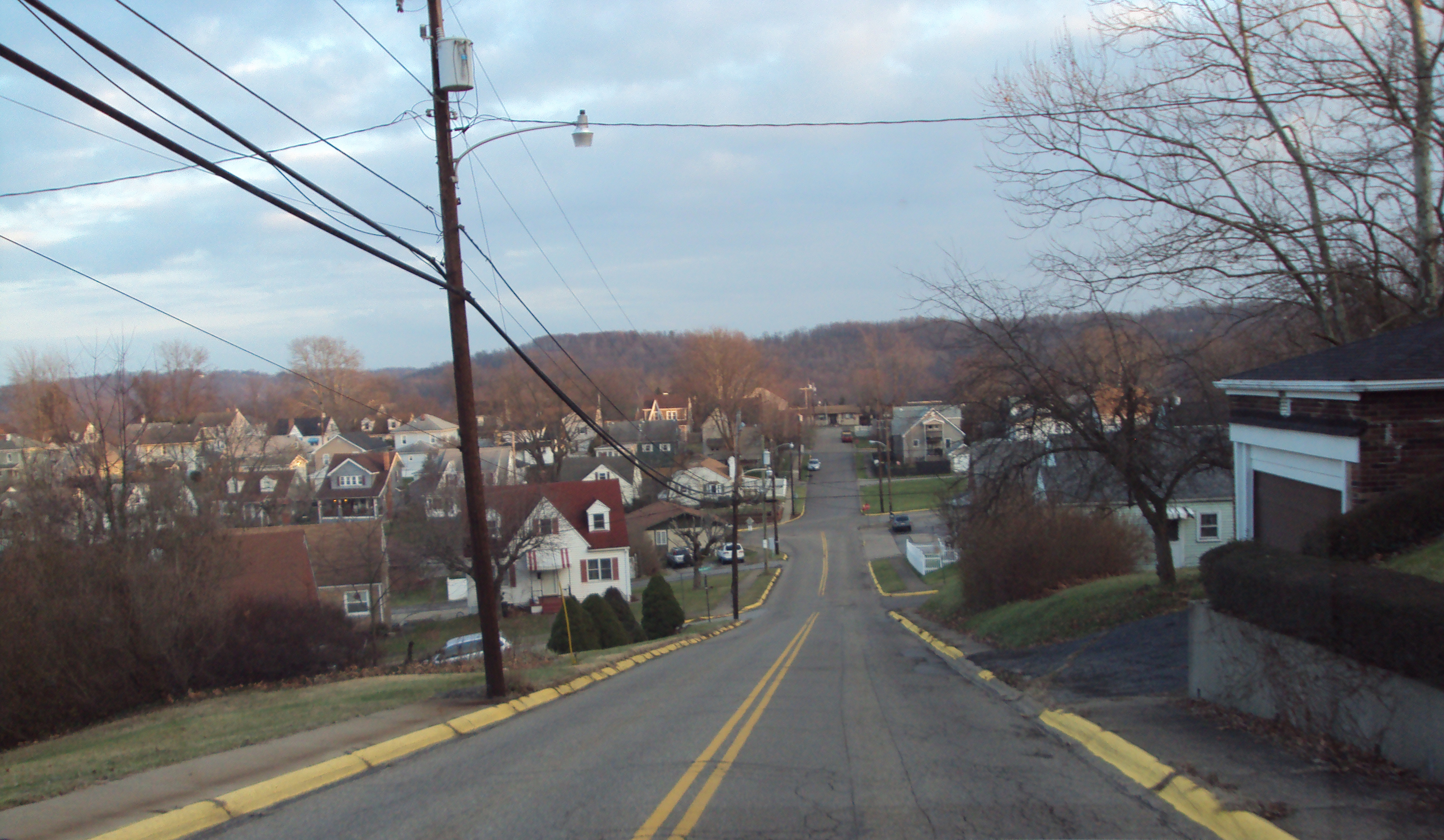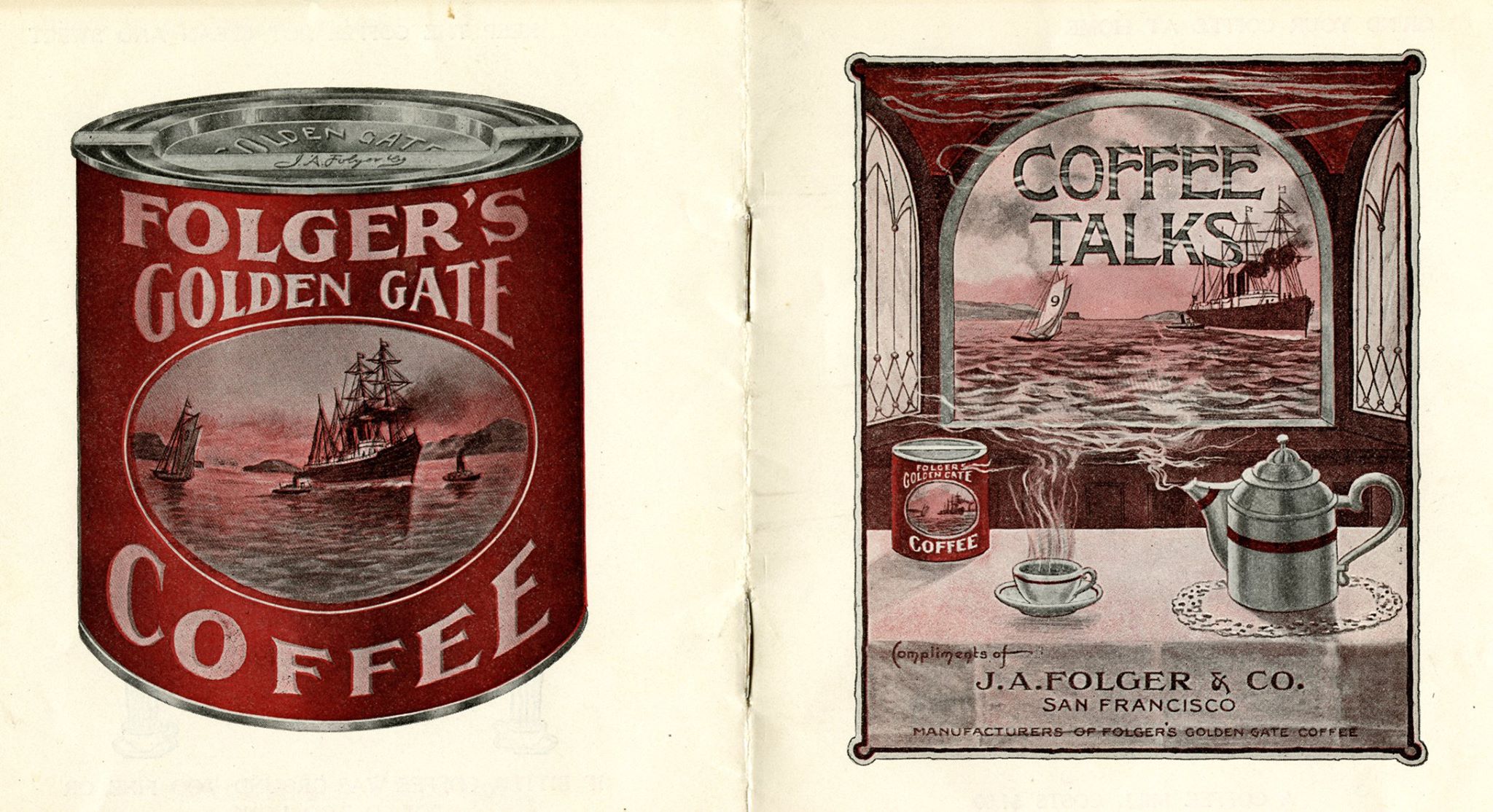|
Mary Hayward Weir
Mary Hayward Weir, born Mary Emma Hayward (1915–1968), was an American steel heiress and socialite. She was the wealthy widow of Pittsburgh steel king Ernest T. Weir, and the former wife of Polish author Jerzy Kosiński. The Mary H. Weir Public Library in Weirton, West Virginia is named after her.Dickson, Angela. "E.T. Weir to Be Inducted Into Hall of Fame." ''Weirton Daily News.'' March 14, 2010. Personal life Born in Indianapolis, Indiana, she was working as a secretary for the National Steel Corporation in 1941 when she met and later married her boss, Chairman and CEO |
Beneficiary
A beneficiary (also, in trust law, '' cestui que use'') in the broadest sense is a natural person or other legal entity who receives money or other benefits from a benefactor. For example, the beneficiary of a life insurance policy is the person who receives the payment of the amount of insurance after the death of the insured. Most beneficiaries may be designed to designate where the assets will go when the owner(s) dies. However, if the primary beneficiary or beneficiaries are not alive or do not qualify under the restrictions, the assets will probably pass to the ''contingent beneficiaries''. Other restrictions such as being married or more creative ones can be used by a benefactor to attempt to control the behavior of the beneficiaries. Some situations such as retirement accounts do not allow any restrictions beyond death of the primary beneficiaries, but trusts allow any restrictions that are not illegal or for an illegal purpose. The concept of a "beneficiary" will also freq ... [...More Info...] [...Related Items...] OR: [Wikipedia] [Google] [Baidu] |
Ernest T
Ernest is a given name derived from Germanic word ''ernst'', meaning "serious". Notable people and fictional characters with the name include: People *Archduke Ernest of Austria (1553–1595), son of Maximilian II, Holy Roman Emperor *Ernest, Margrave of Austria (1027–1075) *Ernest, Duke of Bavaria (1373–1438) * Ernest, Duke of Opava (c. 1415–1464) *Ernest, Margrave of Baden-Durlach (1482–1553) *Ernest, Landgrave of Hesse-Rheinfels (1623–1693) *Ernest Augustus, Elector of Brunswick-Lüneburg (1629–1698) *Ernest, Count of Stolberg-Ilsenburg (1650–1710) *Ernest Augustus, King of Hanover (1771–1851), son of King George III of Great Britain *Ernest II, Duke of Saxe-Coburg and Gotha (1818–1893), sovereign duke of the Duchy of Saxe-Coburg and Gotha *Ernest Augustus, Crown Prince of Hanover (1845–1923) *Ernest, Landgrave of Hesse-Philippsthal (1846–1925) *Ernest Augustus, Prince of Hanover (1914–1987) *Prince Ernst August of Hanover (born 1954) * Prince Ernst ... [...More Info...] [...Related Items...] OR: [Wikipedia] [Google] [Baidu] |
Jerzy Kosiński
Jerzy Kosiński (born Józef Lewinkopf; ; June 14, 1933 – May 3, 1991) was a Polish-American novelist and two-time President of the American Chapter of P.E.N., who wrote primarily in English. Born in Poland, he survived World War II and, as a young man, emigrated to the U.S., where he became a citizen. He was known for various novels, among them ''Being There'' (1970) and '' The Painted Bird'' (1965), which were adapted as films in 1979 and 2019 respectively. Biography Kosiński was born Józef Lewinkopf to Jewish parents in Łódź, Poland. As a child during World War II, he lived in central Poland under a false identity, Jerzy Kosiński, which his father gave to him. Eugeniusz Okoń, a Catholic priest, issued him a forged baptismal certificate, and the Lewinkopf family survived the Holocaust thanks to local villagers who offered assistance to Polish Jews, often at great risk. Kosiński's father was assisted not only by town leaders and clergymen, but also by individu ... [...More Info...] [...Related Items...] OR: [Wikipedia] [Google] [Baidu] |
Weirton, West Virginia
Weirton () is a city in Brooke and Hancock counties in the U.S. state of West Virginia. Located primarily in Hancock County, the city lies in the northern portions of the state's Northern Panhandle region. As of the 2020 census, the city's population was 19,163. Weirton is a principal city of the Weirton–Steubenville metropolitan area, which had a population of 116,903 residents in 2020. Additionally, Weirton is a major city in the western part of the Greater Pittsburgh area, the 24th largest combined statistical area in the United States. History The small village called Holliday's Cove — which is now most of downtown Weirton — was founded in 1793. (It eventually lost the apostrophe.) In 1909, Ernest T. Weir arrived from neighboring Pittsburgh and built a steel mill, later known as the Weirton Steel Corporation, just north of Holliday's Cove. An unincorporated settlement called Weirton grew up around the mill that, by 1940, was said to be the largest unincorporated cit ... [...More Info...] [...Related Items...] OR: [Wikipedia] [Google] [Baidu] |
National Steel Corporation
The National Steel Corporation (1929–2003) was a major American steel producer. It was founded in 1929 through a merger arranged by Weirton Steel with some properties of the Great Lakes Steel Corporation and M.A. Hanna Company with headquarters in Pittsburgh. Despite a difficult market in Depression-setting 1930, the company reported USD 8.4 million in profits. Again, in 1931 the company was profitable unlike many other competitors. The company could attribute its success primarily to sales to the automobile industry. Large steel producing operations were located near Detroit, providing the company with low shipping costs. Throughout the Great Depression, National Steel obtained profitability every year. Post war years The post-World War II years brought about record profits for the company as steel was in high demand. The company continued to post healthy profits in the 1970s, although the latter half of the decade saw some sharp and turbulent profit slumps. The incr ... [...More Info...] [...Related Items...] OR: [Wikipedia] [Google] [Baidu] |
Abigail Folger
Abigail () was an Israelite woman in the Hebrew Bible married to Nabal; she married the future King David after Nabal's death (1 Samuel ). Abigail was David's second wife, after Saul and Ahinoam's daughter, Michal, whom Saul later married to Palti, son of Laish, when David went into hiding. Abigail became the mother of one of David's sons, who is listed in the Book of Chronicles under the name ''Daniel'', in the Masoretic Text of the Books of Samuel as ''Chileab,'' and in the Septuagint text of 2 Samuel 3:3 as Δαλουια, ''Dalouia''. Her name is spelled Abigal in in the American Standard Version. Name Derived from the Hebrew word ''ab,'' "father", and the Hebrew root ''g-y-l'', "to rejoice," the name Abigail has a variety of possible meanings including "my father's joy" and "source of joy". Biblical narrative In 1 Samuel 25, Nabal demonstrates ingratitude towards David, the son of Jesse (from the tribe of Judah), and Abigail attempts to placate David, in order t ... [...More Info...] [...Related Items...] OR: [Wikipedia] [Google] [Baidu] |
Folgers
Folgers Coffee is a brand of ground, instant, and single-use pod coffee produced and sold in the United States, with additional distribution in Asia, Canada and Mexico. It forms part of the food and beverage division of The J.M. Smucker Company. History "J.A. Folger & Co. were established in 1850 as Wm. H. Bovee & Co" The precursor of the Folger Coffee Company was founded in 1850 in San Francisco, California, as the Pioneer Steam Coffee and Spice Mills. The founding owner, William H. Bovee, saw an opportunity to produce roasted and ground coffee ready for brewing. Before that, Californians had to purchase green coffee beans, and roast and grind them on their own. To help build his mill, Bovee hired James Athearn (J.A.) Folger as a carpenter. Folger had arrived from Nantucket Island at age 15 with his two older brothers during the California Gold Rush. In the 1850s, kerosene became a cheaper alternative to whale oil, Nantucket's dominant business. Many Nantucket ships wer ... [...More Info...] [...Related Items...] OR: [Wikipedia] [Google] [Baidu] |
Wojciech Frykowski
Wojciech () is a Polish name, equivalent to Czech Vojtěch , Slovak Vojtech, and German Woitke. The name is formed from two components in archaic Polish: * ''wój'' (Slavic: ''voj''), a root pertaining to war. It also forms words like ''wojownik'' ("warrior") and ''wojna'' ("war"). * ''ciech'' (from an earlier form, ''tech''), meaning "joy". The resulting combination means "he who enjoys war" or "joyous warrior". Its Polish diminutive forms include ''Wojtek'' , ''Wojtuś'' , ''Wojtas'', ''Wojcio'', ''Wojteczek'', ''Wojcieszek'', ''Wojtaszka'', ''Wojtaszek'', ''Wojan'' (noted already in 1136), ''Wojko'', and variants noted as early as 1400, including ''Woytko'', ''Woythko'', and ''Voytko''. The feminine form is Wojciecha (). Related names in South Slavic languages include ''Vojko'', ''Vojislav'', and ''Vojteh''. The name has been rendered into German in several different variations, including: ''Woitke'', ''Witke'', ''Voitke'', ''Voytke'', ''Woytke'', ''Vogtke'', ''Woytegk'', ... [...More Info...] [...Related Items...] OR: [Wikipedia] [Google] [Baidu] |
The Painted Bird
''The Painted Bird ''is a 1965 novel by Jerzy Kosiński that describes World War II as seen by a boy, considered a "Gypsy or Jewish stray," wandering about small villages scattered around an unspecified country in Central and Eastern Europe. The story was originally described by Kosiński as autobiographical, but upon its publication by Houghton Mifflin he announced that it was a purely fictional account. The book describes the wandering boy's encounters with peasants engaged in all forms of sexual and social deviance such as incest, bestiality, and rape, and in other forms of extreme violence and lust. The book's title was drawn from an incident in the story. The boy, while in the company of a professional bird catcher, observes how the man took one of his captured birds and painted it several colors. Then he released the bird to fly in search of a flock of its kin, but when the painted bird came upon the flock, they saw it as an intruder and viciously attacked the bird until ... [...More Info...] [...Related Items...] OR: [Wikipedia] [Google] [Baidu] |
American Socialites
American(s) may refer to: * American, something of, from, or related to the United States of America, commonly known as the " United States" or "America" ** Americans, citizens and nationals of the United States of America ** American ancestry, people who self-identify their ancestry as "American" ** American English, the set of varieties of the English language native to the United States ** Native Americans in the United States, indigenous peoples of the United States * American, something of, from, or related to the Americas, also known as "America" ** Indigenous peoples of the Americas * American (word), for analysis and history of the meanings in various contexts Organizations * American Airlines, U.S.-based airline headquartered in Fort Worth, Texas * American Athletic Conference, an American college athletic conference * American Recordings (record label), a record label previously known as Def American * American University, in Washington, D.C. Sports teams Socc ... [...More Info...] [...Related Items...] OR: [Wikipedia] [Google] [Baidu] |
People From Indianapolis
A person ( : people) is a being that has certain capacities or attributes such as reason, morality, consciousness or self-consciousness, and being a part of a culturally established form of social relations such as kinship, ownership of property, or legal responsibility. The defining features of personhood and, consequently, what makes a person count as a person, differ widely among cultures and contexts. In addition to the question of personhood, of what makes a being count as a person to begin with, there are further questions about personal identity and self: both about what makes any particular person that particular person instead of another, and about what makes a person at one time the same person as they were or will be at another time despite any intervening changes. The plural form "people" is often used to refer to an entire nation or ethnic group (as in "a people"), and this was the original meaning of the word; it subsequently acquired its use as a plural form of p ... [...More Info...] [...Related Items...] OR: [Wikipedia] [Google] [Baidu] |
.jpg)




_1938.jpg)